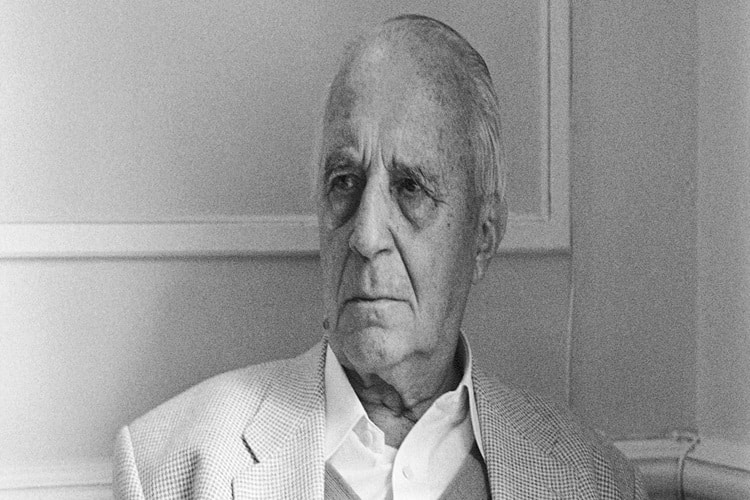Celebrating life and legacy of Ernst Otto Fischer

Ernst Otto Fischer (10 November 1918 – 23 July 2007) was a German chemist. He was awarded the Nobel Prize in Chemistry in 1973.
Life and Career
Ernst Otto Fischer was born on November 10, 1918, in Solln, now a part of Munich, Germany. He pursued his education in chemistry at the Technical University of Munich, where he completed his undergraduate and doctoral studies. Fischer earned his Ph.D. in 1942 under the supervision of Prof. Walter Hieber.
After completing his doctorate, Fischer’s career was shaped by his research in inorganic and organometallic chemistry. He began working as an assistant at the Institute of Inorganic Chemistry at the Technical University of Munich. His research primarily focused on the bonding and reactivity of metal-organic compounds.
Fischer’s most notable work, which brought him international recognition, was his collaboration with Sir Geoffrey Wilkinson. Together, they made significant advances in the understanding of metal complexes, particularly in the synthesis and structural analysis of metal carbonyls. This groundbreaking work led to the discovery of “sandwich compounds,” such as ferrocene, a significant achievement in organometallic chemistry.
Their discovery of ferrocene, a compound containing iron sandwiched between two cyclopentadienyl anions, revolutionized the field of organometallic chemistry. This work earned Fischer and Wilkinson the Nobel Prize in Chemistry in 1973.
Throughout his career, Fischer made substantial contributions to the understanding of metal-organic compounds and their applications in various fields, including catalysis and materials science. Ernst Otto Fischer passed away on July 23, 2007, in Munich, Germany, at the age of 88.
Award and Legacy
Ernst Otto Fischer, in collaboration with Sir Geoffrey Wilkinson, was awarded the Nobel Prize in Chemistry in 1973. They received this prestigious honor for their groundbreaking work in the field of organometallic chemistry, particularly for the synthesis and characterization of metal carbonyl complexes and the discovery of ferrocene.
Ernst Otto Fischer’s work and contributions in the field of organometallic chemistry have had a profound and enduring impact on the understanding of metal-organic compounds. His discoveries and the subsequent research they inspired continue to influence various branches of chemistry and have applications in numerous scientific and industrial domains.
Observer Voice is the one stop site for National, International news, Sports, Editor’s Choice, Art/culture contents, Quotes and much more. We also cover historical contents. Historical contents includes World History, Indian History, and what happened today. The website also covers Entertainment across the India and World.

